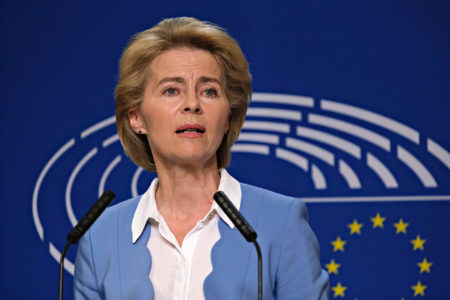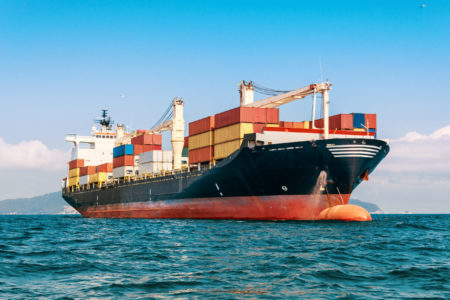The significance of the waste sector in efforts to reduce carbon emissions was highlighted in the European Green Deal, which was released by the European Commission yesterday (December 11).
The deal includes pledges to re-visit rules on waste shipments to “stop exporting waste” outside the bloc and also plans for an EU model for separate collections.
Roadmap
Ursula von der Leyen, president of the European Commission, unveiled the deal, explaining that it provided a roadmap for moving to a circular economy and outlined the investments and financing tools needed “to ensure a just and inclusive transition”.
President von der Leyen said: “The European Green Deal is our new growth strategy – for a growth that gives back more than it takes away.
“It shows how to transform our way of living and working, of producing and consuming so that we live healthier and make our businesses innovative.”
Packaging
The terms of the deal were laid out in a communication from the Commission to the European Parliament, which will have the opportunity to vote and amend the proposals.
The deal outlined steps the commission will take to reduce carbon emissions.
In a chapter on how to “mobilise industry for the circular economy”, the report reads: “While the circular economy action plan will guide the transition of all sectors, action will focus in particular on resource-intensive sectors such as textiles, construction, electronics and plastics.”
As well as developing requirements to ensure that all packaging in the EU market is reusable or recyclable in an economically viable manner by 2030, the Commission will develop a regulatory framework for biodegradable and bio-based plastics and implement measures on single use plastics.
Reductions
Outlining the Commissions policy on waste, the deal emphasised the importance of balancing the economic value of waste with its environmental impact.
The report reads: “Where waste cannot be avoided, its economic value must be recovered and its impact on the environment and on climate change avoided or minimised.”
The communication document also pointed to legal requirements which will be considered to boost the market of secondary raw materials with mandatory recycled content, as outlined in the circular economy package.
An EU model for separate waste collection is also proposed to boost recycling and reduce carbon emissions.
The Commission says it believes the EU should also “stop exporting its waste outside the EU”, and therefore it is to revisit the rules on waste shipments and illegal exports.
Support
In a statement, FEAD, the European Federation of Waste Management and Environmental Services, threw its support behind the deal, saying it welcomes the plans.
“By positioning itself as a key partner in the EU public debate, FEAD highlights the role of private waste management companies to enable the Circular Economy,” the FEAD statement said.
It added: “Creating conditions for robust recycling markets, based on a strong demand for recyclates, recognising avoided CO2 emissions in the entire waste management chain, guaranteeing environmentally sound waste treatment rules, are all essential components for the success of the EU Green Deal.”
However, with today’s election uncertainty surrounds how The European Green Deal could impact the UK, with the UK’s latest departure date planned for 31 January and the exact future relationship undecided.
Useful links:
The post EU outlines waste sector role in carbon reduction appeared first on letsrecycle.com.
Source: letsrecycle.com Waste Managment




